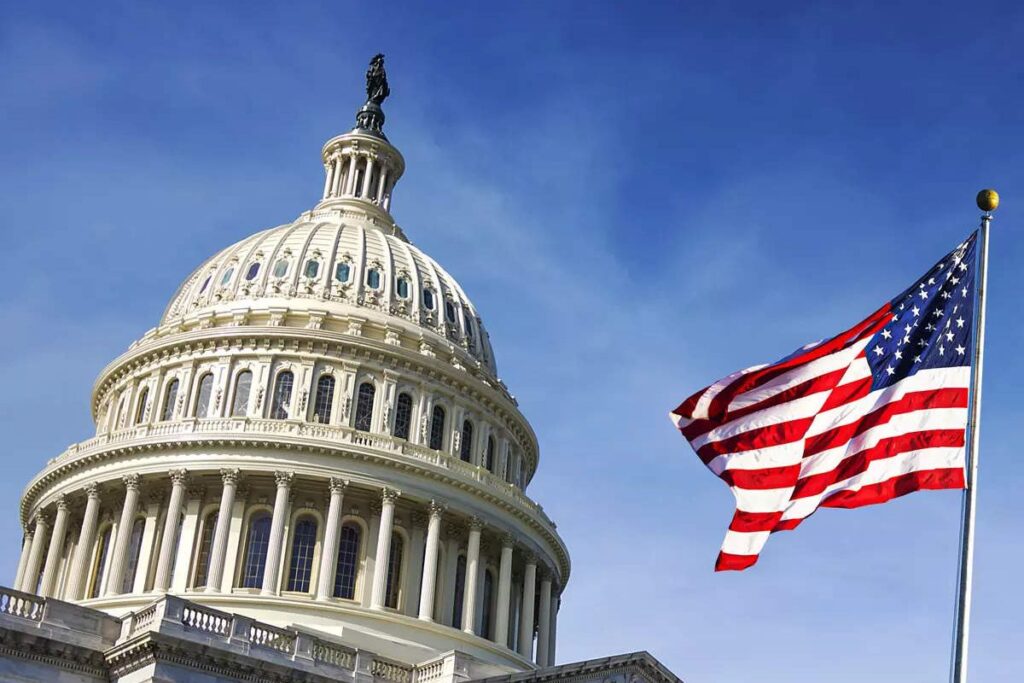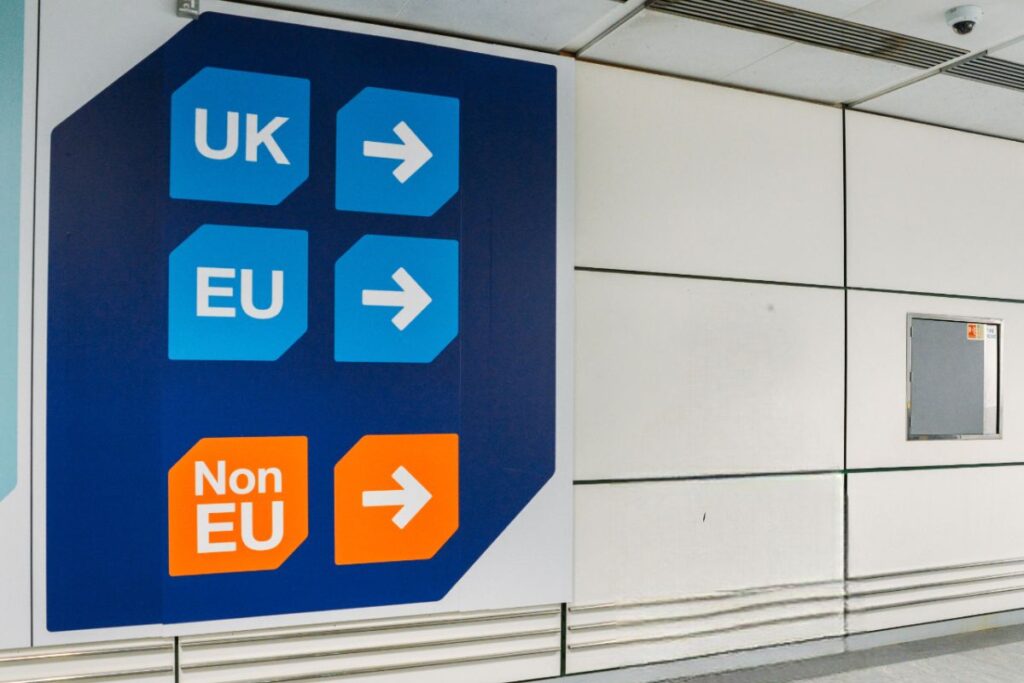
The Schengen visa rules have seen notable updates in recent years. Here are 10 key changes and their implications for travelers:
- Tougher Visa Rules for Non-Cooperative Countries
France has proposed stricter visa policies for nations that refuse to take back their illegal migrants. - Increased Visa Fees
Schengen visa fees rose to €80, with further increases possible, affecting budget travelers. - Extended Border Controls
Countries like France and Germany have reintroduced border controls due to security and migration issues. - Launch of EU Entry/Exit System (EES)
EES will digitally track travelers in and out of the Schengen Area, enhancing security but causing delays. - Stricter Documentation Requirements
Visa applications now require more comprehensive documentation, especially for work and study visas. - Priority for High-Risk Travelers
Applicants from certain high-risk countries face more stringent checks, impacting visa approval times. - Digital Visa Application Process
Several countries are moving toward fully digital visa applications, making the process faster but requiring tech-savviness. - Reduced Visa Validity for Some Nationals
Some travelers, particularly from countries with irregular migration, may receive shorter visa validity. - Increased Focus on National Security
Visa policies are increasingly aligned with national security concerns, affecting freedom of movement. - Impact of COVID-19 Recovery Measures
Post-pandemic travel policies may change frequently, requiring travelers to stay updated on restrictions and visa requirements.
These changes highlight a more security-conscious and controlled approach to Schengen visas, with implications for various traveler groups.
Get the Scoop First! Contact us at visa@gogpl.in or head to www.greenoutdoors.in for up-to-the-minute info.



